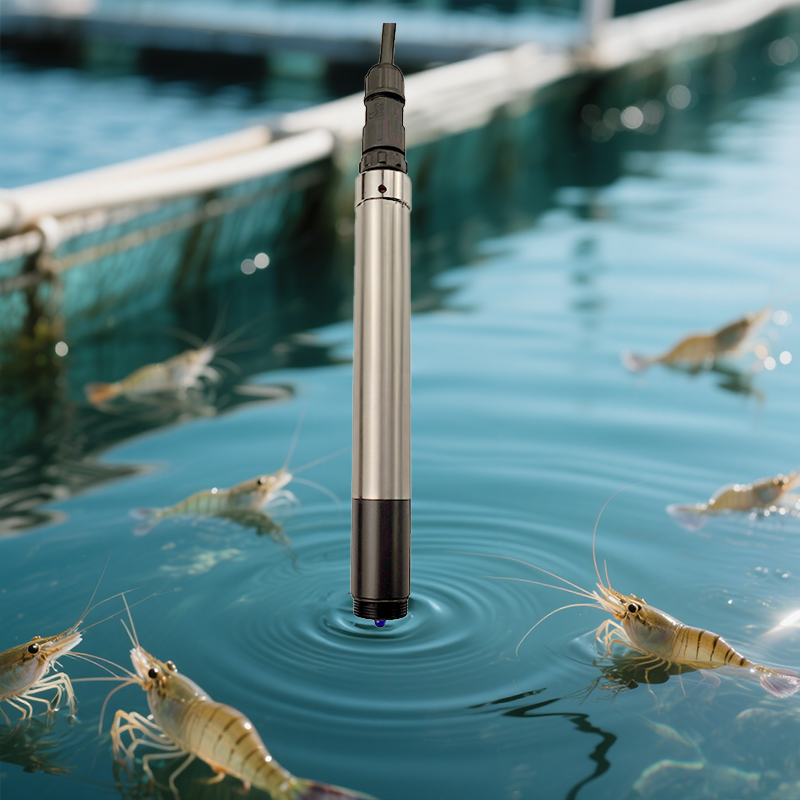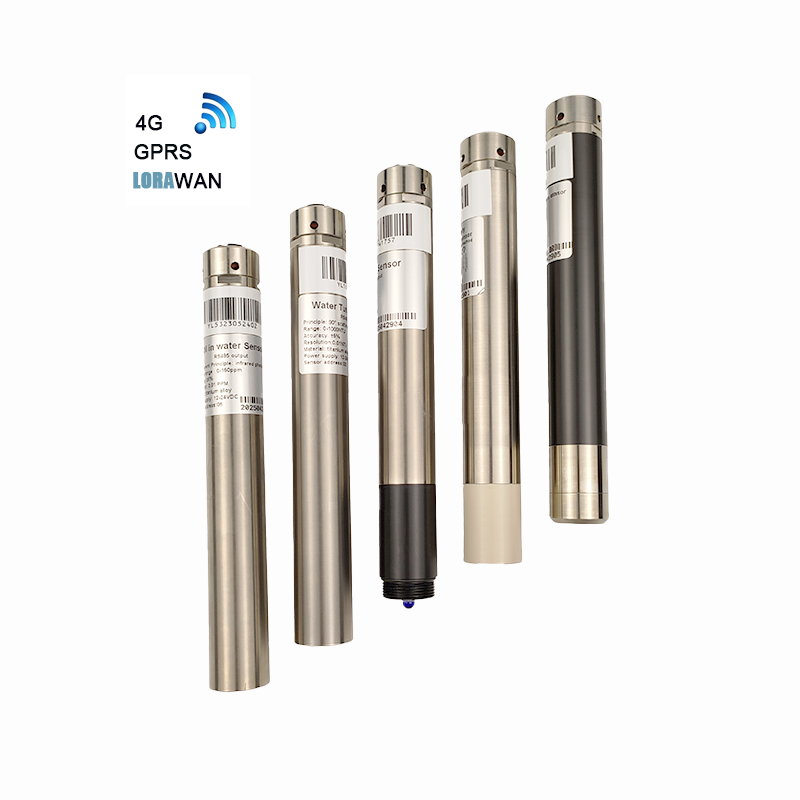Titanium alloy pH water quality sensors are high-performance devices used for real-time measurement of the pH levels in water samples. With the increasing awareness of environmental protection and the growing demand for water quality monitoring, these sensors have found extensive applications in various fields. Below are the main characteristics of titanium alloy pH water quality sensors along with their application scenarios.
Features of Titanium Alloy pH Water Quality Sensors
-
Excellent Corrosion Resistance
Titanium alloys possess outstanding corrosion resistance, capable of withstanding the effects of acids, bases, salts, and other corrosive substances, ensuring reliable long-term operation in harsh environments. -
High Measurement Precision
Titanium alloy pH water quality sensors provide highly accurate pH measurements, making them suitable for applications that require precise water quality monitoring, such as laboratory research and industrial process control. -
Fast Response Time
These sensors boast a rapid response time, allowing for real-time monitoring of water quality changes and timely interventions to address fluctuations. -
Wide Measurement Range
Titanium alloy pH water quality sensors can measure pH levels over a broad range, typically from , accommodating various water quality requirements. -
Reliable Linear Output
The sensors offer stable linear output signals, facilitating easy integration with various monitoring systems. -
Ease of Maintenance and Cleaning
The surface treatment process of titanium alloys makes sensors easier to clean, reducing maintenance costs and extending their lifespan.
Application Scenarios for Titanium Alloy pH Water Quality Sensors
-
Industrial Wastewater Treatment
In industrial production processes, controlling the pH of wastewater is crucial. Titanium alloy pH water quality sensors can monitor pH levels in real-time during the wastewater treatment process, ensuring that effluent meets environmental standards. -
Water Treatment Plants
In municipal water treatment facilities, pH measurement directly impacts the effectiveness of water purification. Titanium alloy pH sensors ensure accurate monitoring of water quality, helping optimize treatment processes. -
Agricultural Irrigation
With the rise of precision agriculture, monitoring the pH of soil and irrigation water has become essential. Titanium alloy sensors effectively monitor the water quality in irrigation systems, assisting farmers in selecting appropriate fertilizers and improving crop yields. -
Water Quality Monitoring Equipment
In water quality monitoring stations and environmental agencies, titanium alloy pH water quality sensors serve as critical monitoring devices for analyzing pH changes and assessing ecological health. -
Food Processing
In the food and beverage industry, pH level monitoring is vital for maintaining product quality. Titanium alloy pH water quality sensors meet hygiene and accuracy requirements, ensuring product safety. -
Scientific Research
Laboratory and research institutions widely use titanium alloy pH water quality sensors for water quality assessments, ecological studies, and environmental monitoring, helping scientists obtain accurate data.
Other Solutions We Offer
We also provide a variety of solutions, including:
- Handheld multi-parameter water quality meters
- Floating buoy systems for multi-parameter water quality monitoring
- Automatic cleaning brushes for multi-parameter water sensors
- Complete sets of servers and software wireless modules, supporting RS485, GPRS, 4G, WIFI, LORA, and LORAWAN
For more information on water quality sensors, please contact:
Honde Technology Co., LTD
Email: info@hondetech.com
Company Website: www.hondetechco.com
Tel: +86-15210548582
Conclusion
Titanium alloy pH water quality sensors, with their exceptional performance and wide range of applications, are becoming essential tools for water quality monitoring. With ongoing technological advancements, future titanium alloy pH sensors are expected to achieve greater precision and stability, contributing significantly to environmental protection and resource management.
Post time: May-20-2025



